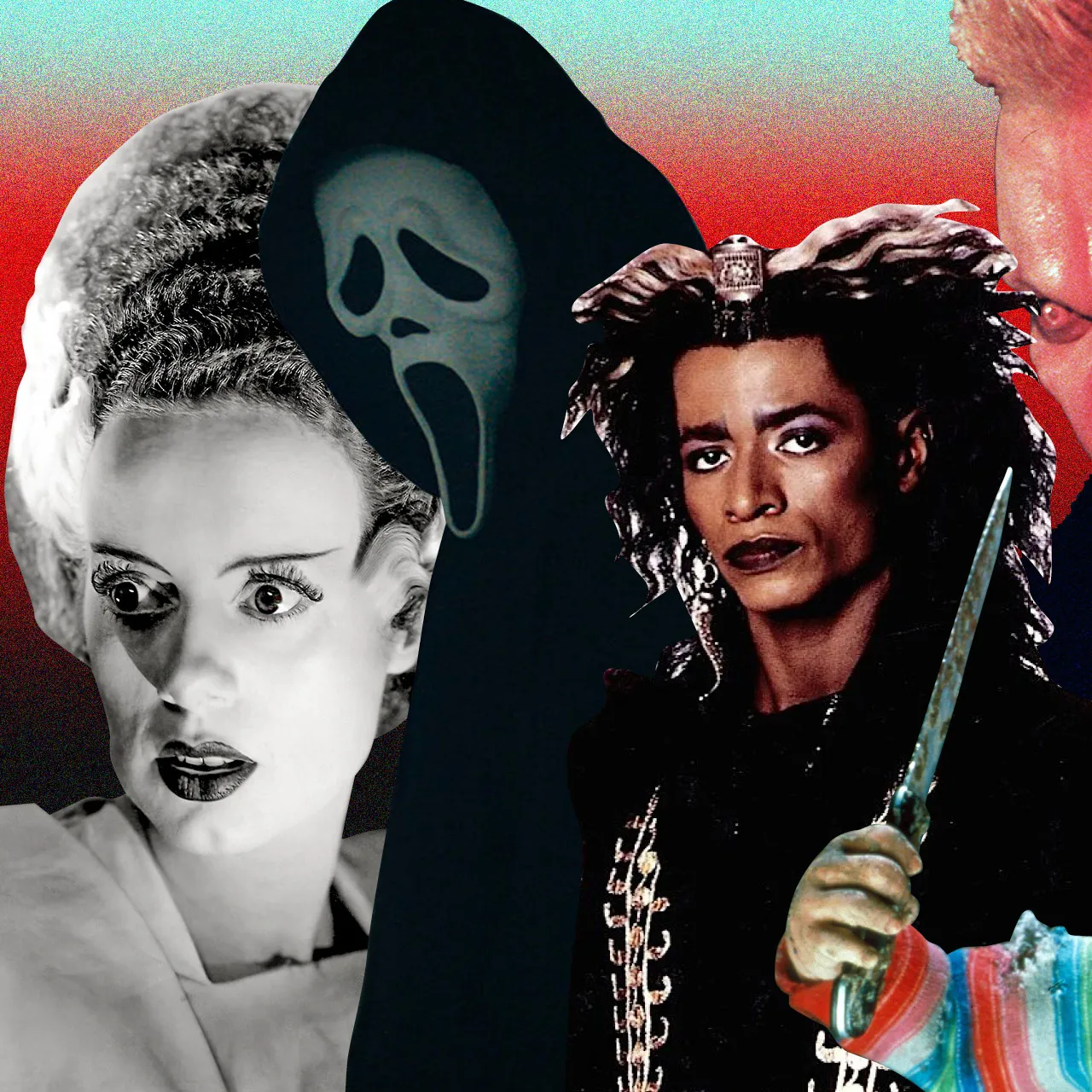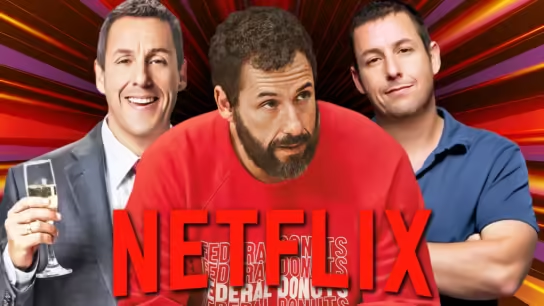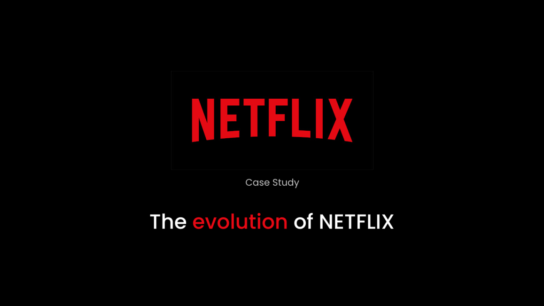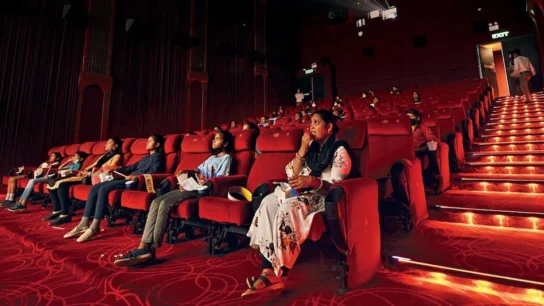The 1980s was a transformative decade for the horror genre, characterized by a blend of innovation, excess, and a unique cultural zeitgeist that reshaped the landscape of fear on film. This era saw the rise of iconic franchises, groundbreaking special effects, and a new wave of horror icons that continue to influence and inspire filmmakers today. Let’s explore the key elements that defined 80s horror movies and some of the unforgettable films that emerged during this period.
The Birth of Horror Icons
The 80s introduced audiences to some of the most enduring horror characters, who have become cultural touchstones in their own right:
- Freddy Krueger from A Nightmare on Elm Street (1984): Wes Craven’s creation brought a new level of psychological terror to the genre. Freddy’s ability to invade dreams blurred the line between reality and nightmares, making him one of the most feared villains.
- Jason Voorhees from Friday the 13th series: Although Jason didn’t become the iconic masked killer until the second film, his relentless, almost supernatural pursuit of teenagers at Camp Crystal Lake defined the slasher sub-genre.
- Michael Myers from Halloween II (1981) onward: While Michael was introduced in 1978’s Halloween, the 80s sequels cemented his status as an unstoppable force of evil.
The Rise of the Slasher Film
The slasher film became the predominant sub-genre of horror in the 80s. These movies typically featured a mysterious killer stalking and murdering a group of people, usually teenagers. Key films include:
- Friday the 13th (1980): This film’s success set off a wave of similar movies and established many of the conventions of the slasher genre.
- Prom Night (1980) and My Bloody Valentine (1981): Both films capitalized on the slasher craze, incorporating unique settings and memorable kills.
Special Effects and Practical Gore
Advancements in special effects during the 80s allowed horror filmmakers to push the boundaries of on-screen violence and gore. Practical effects artists like Tom Savini became legends in their own right. Notable examples include:
- The Thing (1982): John Carpenter’s masterpiece featured groundbreaking creature effects by Rob Bottin, showcasing grotesque and terrifying transformations.
- An American Werewolf in London (1981): Rick Baker’s work on the werewolf transformation scene earned him the first-ever Academy Award for Best Makeup.
Horror with Humor
The 80s also saw a blend of horror and comedy, creating a sub-genre that balanced scares with laughs. This approach made horror more accessible to a broader audience. Key films include:
- The Evil Dead (1981) and Evil Dead II (1987): Sam Raimi’s cult classics combined slapstick humor with graphic horror, influencing countless films in the years to come.
- Gremlins (1984): Directed by Joe Dante, this film’s dark humor and chaotic creatures were both terrifying and entertaining.
International Influence
While American horror films dominated, international horror also left a significant mark:
- Possession (1981): A psychological horror film directed by Andrzej Żuławski that pushed the boundaries of the genre with its intense performances and surreal imagery.
- Tenebrae (1982) and other giallo films from Italy: Directors like Dario Argento brought stylish and visually striking horror that influenced the aesthetic of many 80s horror films.
The Legacy of 80s Horror
The impact of 80s horror movies is still felt today. Many modern horror films draw inspiration from the themes, styles, and characters of this decade. Additionally, 80s horror has enjoyed a resurgence in popular culture, with reboots, sequels, and homage films celebrating the unique spirit of the era.
Conclusion
The 1980s was a golden age for horror films, marked by innovation, iconic characters, and a fearless approach to storytelling. Whether through the relentless pursuit of masked killers, the imaginative use of special effects, or the perfect blend of horror and humor, 80s horror movies have left an indelible mark on the genre and continue to terrify and delight audiences around the world.




